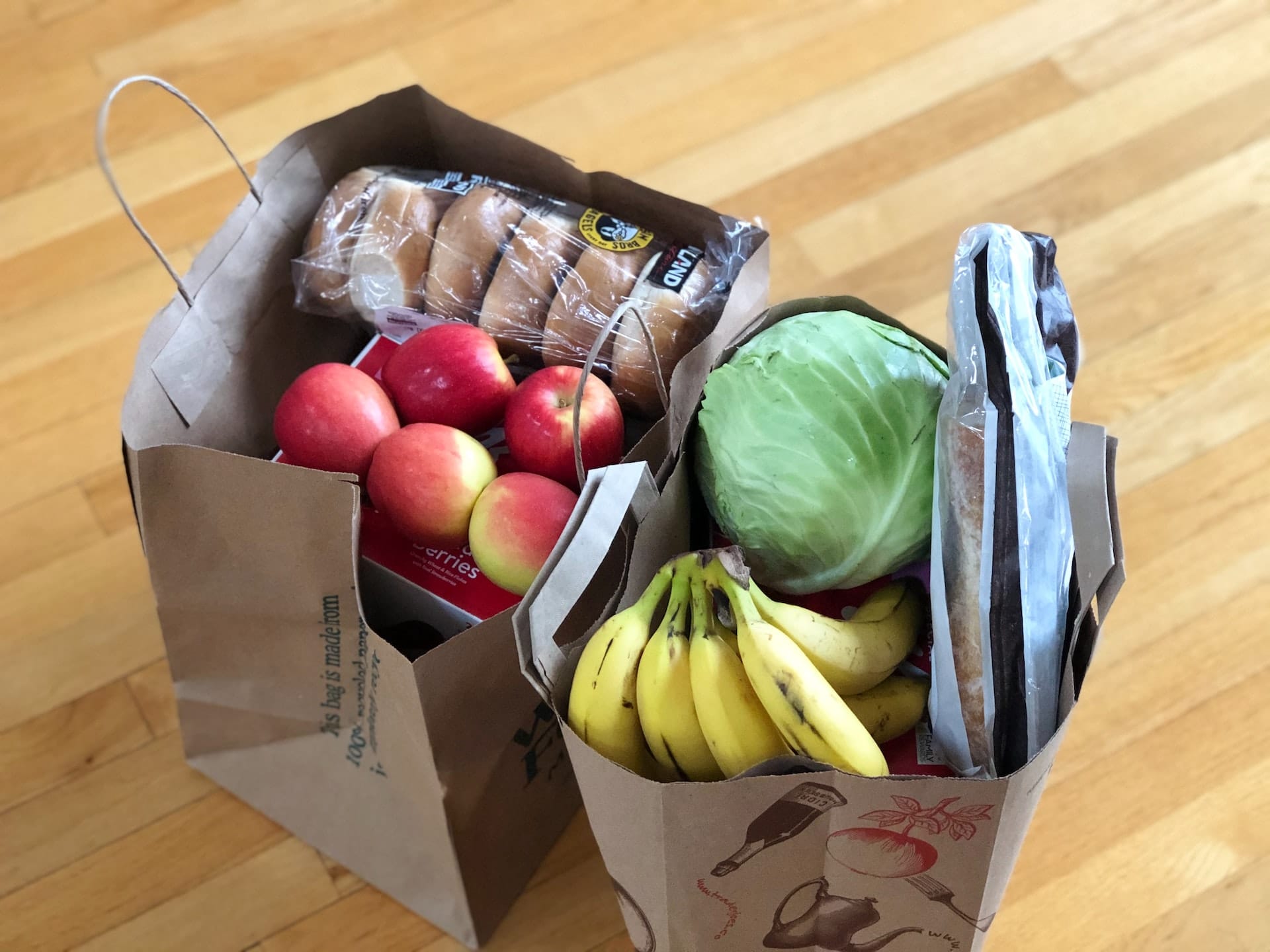Do you ever find yourself in the grocery store trying to decide between a box of processed macaroni and cheese or a bag of whole-grain pasta? We’ve all been there, looking for an easy meal option that still fits into a balanced lifestyle. The choice may seem difficult at first, but when it comes to processed foods vs whole foods, the better nutritional options become clear once you understand their differences. In this blog post, we’ll explore how these two types of foods differ nutritionally and what impact they can have on our health. So grab your shopping list and let’s dive right in!
The food we eat plays a significant role in our health and well-being. Our diet and nutrition impact the body’s functions, energy levels, and overall performance. It is essential to have a clear understanding of How Food Affects Your Body and Mind, the types of food we consume and their nutritional value. We aim to provide insight into the nutritional differences between processed and whole foods.
Processed Foods VS Whole Foods
Processed Foods
Processed foods are any food that has been altered in some way during preparation. These changes can be as simple as freezing or canning food, or as complex as adding synthetic chemicals and flavourings. Processed foods have become increasingly popular in modern society because of their convenience, long shelf life, and affordability. Examples of processed foods include chips, candy, soda, frozen dinners, and fast food.
The Negative Impact of Processed Foods on Health
Unfortunately, many processed foods are high in calories, sodium, sugar, and unhealthy fats. These ingredients can lead to obesity, diabetes, high blood pressure, heart disease, and other health problems. Moreover, most processed foods are low in fibre, essential vitamins, and minerals that our bodies need to function correctly. High sodium content in processed food can also lead to water retention and bloating.
Common Additives Found in Processed Foods
Many processed foods contain additives such as preservatives, artificial sweeteners, and food dyes. These ingredients can cause negative health effects, including allergic reactions, headaches, and increased risk of certain cancers. It is essential to read food labels and be aware of what we are putting into our bodies.
Whole Foods
Whole foods refer to foods that are unprocessed and unrefined, or processed and refined as little as possible, before being consumed. They generally retain most of the nutrients, fibre, and other health benefits that are associated with the original plant or animal. These natural sources of nutrients can provide more energy and facilitate proper digestion, helping to bolster overall health.
Whole foods also often have richer flavours compared to their processed counterparts, making them an attractive culinary option when preparing meals. Additionally, there is a growing body of evidence suggesting that diets high in whole-food plant sources may be associated with better overall health outcomes than diets composed largely of refined and processed foods. Follow our 10 simple tips for incorporating more whole foods into your diet.

Processed Foods VS Whole Foods
The Positive Impact of Whole Foods on Health
Whole foods are the foundation of a healthy diet. They offer numerous benefits, including reduced risk of chronic diseases, improved weight management, and better digestion. The high fibre content in whole foods also helps to control blood sugar levels and lower cholesterol. They provide a natural source of energy and help keep the body functioning correctly.
Nutritional Differences
The nutritional differences between processed and whole foods are vast. Whole foods provide essential nutrients that processed foods lack, such as fibre, protein, vitamins, and minerals. Processing often removes essential nutrients from food, and additives can also negatively affect the nutritional value of processed foods. For example, refined grains such as white bread have been stripped of essential nutrients such as fibre, vitamin B, and iron.
The Role of Processed Foods in the Diet
While processed foods are generally considered unhealthy, some processed foods can have a place in a healthy diet. Some fortified cereals and frozen fruits and vegetables provide essential nutrients and can be a convenient option when fresh produce is unavailable. It is essential to make informed choices when selecting processed foods and to limit their consumption.
Tips for Limiting Processed Foods in the Diet
To reduce the consumption of processed foods in the diet, there are several tips to follow, including:
-
Cook more at home
One of the best ways to control the quality and nutrition of your food is to cook more at home. “The benefits of meal prepping”, when you cook your own meals, you have complete control over the ingredients and cooking methods. This doesn’t mean you have to spend hours in the kitchen every day. Many simple and quick recipes use whole foods and minimally processed ingredients.
-
Eat a balanced diet
While processed foods may have their downsides, it is important to note that not all processed foods are created equal, and many can still be part of a healthy balanced diet. Some processed foods can be a good source of nutrients, especially when combined with whole foods.
A balanced diet that includes a variety of whole and processed foods can help ensure that you are getting all the nutrients your body needs. This means choosing whole foods whenever possible, but also allowing for some processed foods in moderation.
-
Avoid convenience foods
Convenience foods such as fast food, frozen dinners, and snacks are often high in calories, fat, sugar, and salt. Eating these foods regularly can lead to various health issues including obesity and diabetes. Instead, opt for healthier options such as fresh fruit or vegetables when possible.
-
Know how to read nutrition labels
To make informed choices about the foods you eat, it is important to know how to read nutrition labels. Look for foods that are high in nutrients like fibre, vitamins, and minerals, and low in ingredients like added sugars, saturated fats, and sodium. When comparing processed foods, it is important to look beyond the marketing claims and flashy packaging. Focus on the nutrition facts and ingredients list.
-
Seek guidance from a healthcare professional
If you have concerns about your diet or nutritional needs, it is always a good idea to seek guidance from a healthcare professional. A registered dietitian or nutritionist can help you develop a healthy, balanced diet that meets your unique needs and goals.
While whole foods are generally considered to be the healthiest choice, it is not necessary to completely eliminate processed foods from your diet. The key is to choose wisely, read nutrition labels, and eat a balanced diet that includes a variety of processed and whole foods in moderation. By doing so, you can ensure that you are getting all the nutrients your body needs to thrive.

